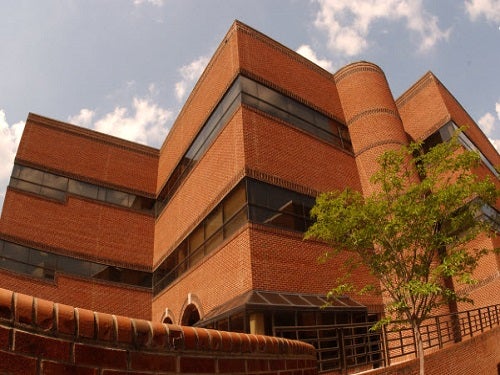Thomas Harriot College of Arts and Sciences
Mission Statement
The Thomas Harriot College of Arts and Sciences is dedicated to helping achieve the broader institutional goals of maximizing student success, public service, and regional transformation. To these ends, Harriot College will:
- embrace its longstanding role as the liberal arts college of East Carolina University;
- prepare students for success in their degree programs, in their professional pursuits, and in their roles as citizens in an increasingly global society;
- promote core values that include lifelong learning, scholarship and research, leadership, and service;
- push forward the frontiers of knowledge through mission-driven research and creative discovery;
- seek new entrepreneurial partnerships that foster programs of genuine distinction;
- recruit, support, and work to retain a diverse and talented faculty; and
- serve as ECU’s indispensable catalyst for enhancing student access, diversity, and excellence.
Harriot College is home to some of the academy’s most influential disciplines and interdisciplinary programs in the humanities, social sciences, natural sciences, and mathematics. As such, it provides much of the general education curriculum for all of ECU’s more than 23,000 undergraduates. Our charge is to ensure that instruction in this curriculum is both effective and inspirational, thereby meeting the needs of all university constituents as well as those of our society. Our own degree programs in Arts and Sciences – at undergraduate and graduate levels – produce North Carolina’s next generation of scientists, public leaders, educators, economists, authors, historians, and more. ECU is the region’s university, and as such, our programs are designed to contribute to the economic, social, and cultural life of eastern North Carolina. Our signature Voyages of Discovery lecture series is the region’s premier intellectual event, bringing notable scientists, scholars, thinkers, and practitioners to campus each year.
The College is home to researchers who collaborate both within and across disciplines on crucial social, cultural and scientific issues. Faculty members achieve and sustain national and international reputations for work on topics including coastal ecology, health psychology, language acquisition, national security, biomedical physics, world literatures, and more. In our labs and facilities, teams of faculty and students are working on cures for diseases, developing new ways to preserve our past, discovering the causes and consequences of sea-level rise, and incubating public-private partnerships that spur economic development. Faculty research informs and complements classroom instruction, and Harriot College is dedicated to enhancing opportunities for scholar-teachers who will shape the futures of their disciplines as well as those of their students.
